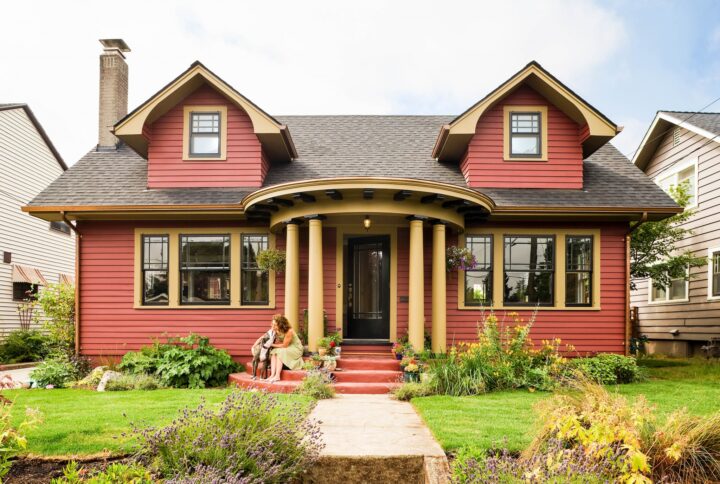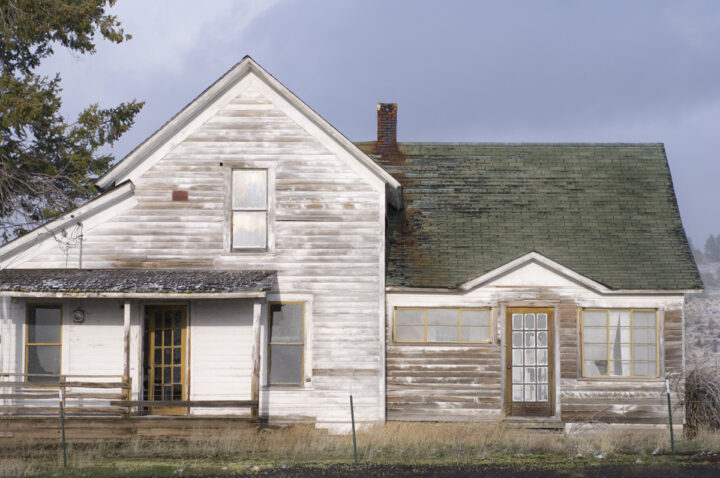How to Get the Seller to Pay for Closing Costs


Written by Vivian Tejada on February 18, 2025
Reviewed by Neil Swanson and Kara Ng, Edited by Jessica Rapp
Buyers and sellers typically pay certain closing costs when finalizing the sale of a home. However, in some cases, the seller is willing to pay for the buyer’s closing costs. This is more common in a buyer’s market, when there are fewer homebuyers than homes for sale. To help make the home more attractive to buyers and close the sale, a seller may offer to pay some or all buyer closing costs.
On average, buyers pay between 2-5% of the home’s purchase price in closing costs. These costs are one of the most unexpected surprises among buyers. According to a 2024 Zillow survey, 42% of buyers said the final costs of closing on their home were more than they expected. Asking a seller to pay your closing costs could help you save money, allowing you to make a larger down payment or hit the ground running with home improvements right after closing.
When a seller covers a buyer’s closing costs, they’re making a concession. Closing cost assistance is just one of several seller concessions that can be made.
Here are some tips on how to get a seller to pay your closing costs.
Hire a real estate agent
An experienced real estate agent understands the local market and whether seller concessions are common, given the current market conditions. An agent can help you identify the seller's motivations for putting their home on the market and develop strong negotiating points based on the nature of the home sale.
Offer to pay full asking price
If you’re willing and able to pay the seller’s full asking price, you may have more power to negotiate concessions at closing. This can set you apart from other buyers who are perhaps negotiating on sales price.
Make a strong case
Once you’ve found a home you want to make an offer on, work with your agent to structure your closing costs concession request in the most compelling way. Sellers are often more willing to grant concessions to motivated buyers who make a strong case. If paying for closing costs would drain your cash reserves or push you outside your pre-approval limits, a seller might be more willing to work with you to ensure the sale goes through.
Get pre-approved before making an offer
A buyer who is pre-approved for financing is a strong signal to sellers that you’re prepared to move forward with a home purchase. This could make them more willing to negotiate closing costs. If possible, include a pre-approval letter in your offer. Having your financing lined up shows the seller that you’re serious about closing. You can start the pre-approval process with us at Zillow Home Loans*. If pre-approved, you’ll usually receive a pre-approval letter within a day.
Move quickly
If the seller agrees to pay for the closing costs, you’ll generally want to move forward without delay. Asking for extensions to secure financing or delaying such things as home inspections might cause sellers to consider other offers that don’t require them to make any concessions.
Be mindful of the market
Asking a seller to pay for closing costs in a buyer’s market is usually easier than in a seller’s market. While sellers are under no obligation to provide you with concessions in either market, it may take longer for a seller to close in a buyer’s market. Offering to pay for a buyer’s closing costs may help them sell more quickly. If you’re looking to buy a home in a seller’s market, concessions might be more difficult. Talk to your agent about whether there are other circumstances, such as the location or condition of the home, that might make the seller more inclined to consider concessions.
Be open to negotiating
If the seller still seems unsure about paying closing costs, consider asking for other types of seller concessions, such as a rate buydown. This can help offset at least some of your home buying costs. Despite high interest rates in 2024, 45% of buyers reported securing rates below 5%. When asked how, 35% said the seller or home builder offered them financing at a special rate and 26% said their offer was contingent on a rate buydown from the seller or builder.
What is the most a seller can pay in closing costs?
The amount of closing costs a seller is allowed to cover depends on the type of home being purchased, the type of loan used to finance the purchase, and the down payment amount.
When purchasing a single-family home with a conventional loan
Sellers can pay up to 3% of the home’s sales price on a conventional home loan if the down payment is less than 10%. If the buyer makes a down payment of 10% or more, the seller can contribute up to 6% of the home’s purchase price. In this case, the seller could pay up to $21,000 in closing costs on a $350,000 home. If the buyer makes a down payment of 25% or more, the seller can pay up to 9% of the home’s sales price, which would be $31,500.
When purchasing a single-family home with an FHA or VA loan
Seller concession limits on FHA and VA loans are capped differently than conventional loans. Sellers can contribute a maximum of 6% of the home’s purchase price on a FHA loan, and no more than 4% of the home’s sales price on a VA loan. This means a seller could pay a maximum of $21,000 in closing costs for a $350,000 home purchased with an FHA loan, and a maximum of $14,000 in closing costs for the same home purchased with a VA loan.
When purchasing an investment property
Seller concessions are capped at 2% of the home sales price on investment properties, regardless of down payment size. This would limit a seller’s closing cost contributions to just $7,000 on a $350,000 home.
Buyers should note that although sellers are allowed to pay a certain amount in closing costs, they may not agree to pay the full amount. Sellers can choose to pay or decline to pay a larger share of costs, and are only capped on their max contribution. At the end of the day, buyer closing costs remain the buyer’s responsibility.
*An equal housing lender. NMLS #10287
Tags
How much home can you afford?
At Zillow Home Loans, we can pre-qualify you in as little as 5 minutes, with no impact to your credit score.
Zillow Home Loans, NMLS # 10287. Equal Housing Lender
Get pre-qualifiedHow much home can you afford?
See what's in reach with low down payment options, no hidden fees and step-by-step guidance from us at
Zillow Home Loans.
Zillow Home Loans, NMLS # 10287. Equal Housing Lender
Calculate your BuyAbility℠
Related Articles
Get a mortgage with Zillow Home Loans
Go from dreaming to owning with low down payment options, competitive rates and no hidden fees. A dedicated loan officer will guide you until you have your keys in hand.

Zillow Home Loans, NMLS #10287. Equal Housing Lender.



